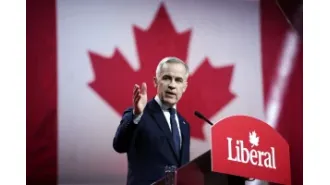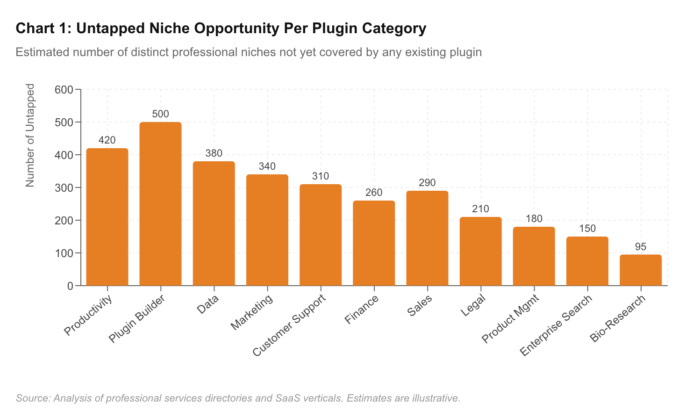The Labour party neglected Muslim voters and suffered consequences in these areas.
The two-party hold on our democracy has been broken.

It's been a historic night in British politics as the two-party dominance of our democracy has finally been shattered. The headline of the night will undoubtedly be the Labour landslide, but there's also a concerning rise in right-wing populism, with Reform emerging as the main opposition party in many constituencies. However, there's another significant takeaway from these election results - Labour has faced major losses due to their stance on Gaza.
In four seats, pro-Gaza MPs have triumphed over Labour, often overturning massive majorities. For example, in Birmingham Perry Barr, independent Ayoub Khan defeated Labour's Khalid Mahmood by a margin of just 507 votes. In Leicester South, independent Shockat Adam unseated shadow minister Jonathan Ashworth by 979 votes, declaring "this is for Gaza" as he celebrated his victory. This was a huge upset, as Ashworth had previously held a majority of over 20,000 votes.
Despite being deselected by the Labour party, Jeremy Corbyn, a long-standing advocate for the Palestinian cause, managed to hold onto his seat in Islington. In a surprising turn of events, independent candidates who campaigned on Gaza also defeated Keir Starmer's party in Dewsbury, Batley, and Blackburn. Overall, the election results have left me with mixed feelings - a mix of joy at the defeat of the Tories, but also apathy towards the victory of a party that seems to have little concern for people like me.
Of course, it was expected that Labour would win in a landslide, and in the sea of red that has emerged across the country, it's hard to see the victory of just four or five independent candidates as a significant success story. However, the fact remains that our political system has undergone a dramatic shift overnight, and the long-held grip of the two-party duopoly has finally been broken.
Personally, I voted for the Green Party for the first time in this election, drawn to their pro-immigration and pro-ceasefire stance. And I wasn't alone - many of my Muslim friends and acquaintances were also mobilising against Labour in their constituencies, whether through canvassing, campaigning, or using social media to spread the word.
The election has shown that the anger and disillusionment within the Muslim community towards Labour is real and growing. Even prominent figures within the party, such as Wes Streeting, who is soon to be the health secretary, faced intense battles in their formerly safe seats. And in Keir Starmer's own constituency of Holborn and St Pancras, a long-term activist for Palestine, Andrew Feinstein, came in second place with over 7,000 votes.
As a British Muslim, I am deeply traumatised by the war crimes that are happening in Gaza, and it's clear that Labour's support for Israel is no longer acceptable to many of us. Starmer's recent comments on LBC Radio, where he defended Israel's actions during the siege of Gaza, have only reinforced this feeling. It's not surprising that many of us have turned away from Labour and towards independent candidates who can offer a real alternative to the status quo.
The media may focus on the alarming rise of Reform in this election, but we must not overlook the impact of the "Gaza-effect" on our political system. Some may try to spin this as a sign of Islamism taking over British democracy, but the reality is that British Muslim voters have used their democratic power to make their voices heard. We have shown that we can no longer be taken for granted by Labour, and that we will not support a party that continues to turn a blind eye to the suffering of our people.
As we celebrate the end of a decade and a half of Tory rule, I see today as a day of hope for a different reason. Muslim voters have shown that we have outgrown the "lesser of two evils" philosophy and that there are independent candidates within our own communities who can offer real change on issues that truly matter to us, such as housing, healthcare, education, and the cost of living. Unlike the top three parties, who peddle hate and false promises, today we have elected at least five beacons of hope who can bring true transformation to our political landscape.










